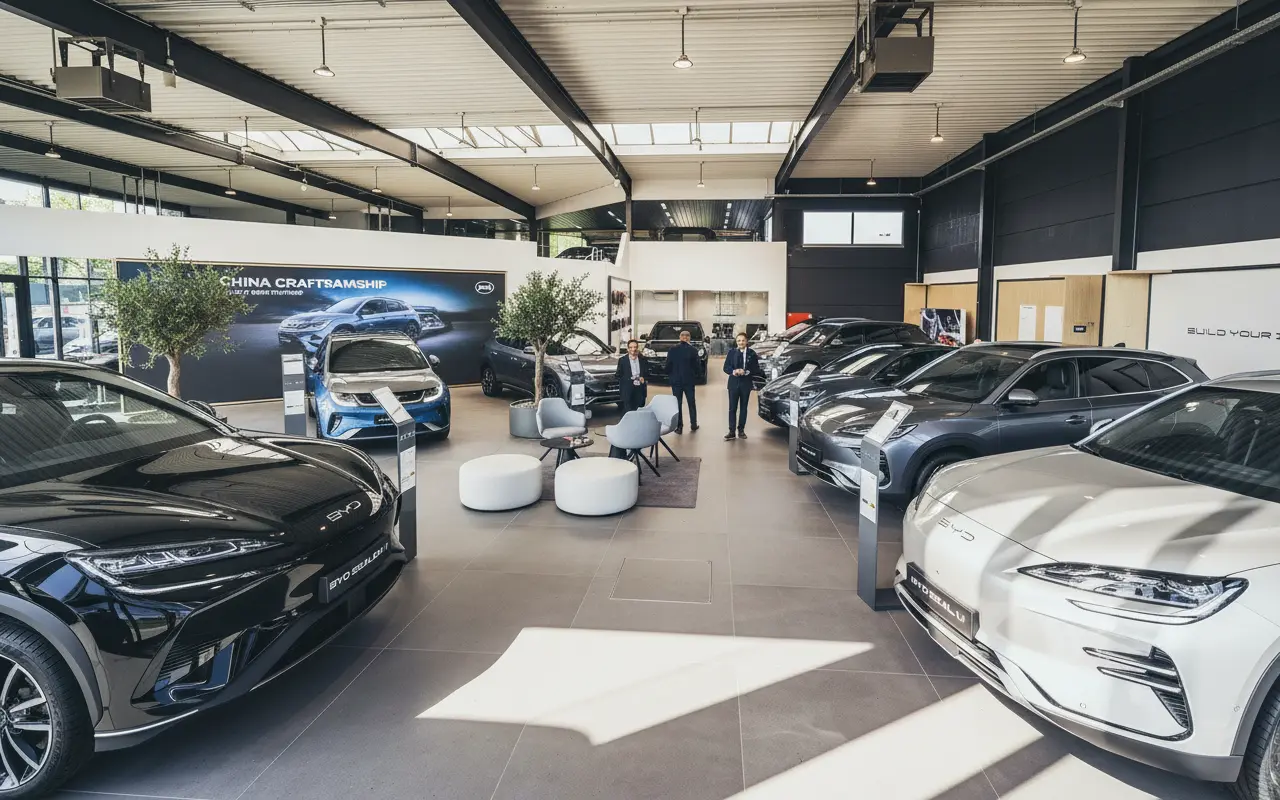A License to Export—for Real This Time
For years, producing a decent car was enough for manufacturers hoping to conquer international markets. Not anymore. To sell cars for the long haul, building a good product just doesn’t cut it—you must also provide top-notch after-sales service. That’s something we at L’Automobile Magazine have been digging into for over 25 years. Yet, China hasn’t always taken this aspect as seriously as its Korean or Japanese counterparts.
Take MG, for example—the most firmly rooted Chinese brand on our roads. Several MG owners have voiced their frustration over lengthy waits to get their vehicles repaired, be it after a breakdown or an accident. The usual culprit? Spare parts are scarce. The electric MG4 seems to be especially affected by this ordeal. To prevent these headaches from becoming the norm, China’s Ministry of Commerce is laying down the law: as of January 1, 2026, local manufacturers will need an export license to sell zero-emission cars abroad. Up to now, this rule only applied to combustion-engine and hybrid vehicles.
No More Unauthorized Exports (and Service Nightmares)
Under the new regulations, only manufacturers themselves or their accredited units can apply for these licenses. In plain English: no more unauthorized exporters sneaking electric cars—sometimes pre-owned—into Europe or beyond without offering any after-sales support.
Will this fix every problem for brands like MG? Sadly, no—it’s not a magic wand. But it will prevent some nasty surprises, forcing brands to provide official support during the mandatory two-year guarantee period and to improve parts availability. Many Chinese firms already tout their extended warranty programs to reassure buyers, but even so, waiting weeks for repairs remains a sore point. Western competitors aren’t totally off the hook, either—as you’ll know if you’re one of the Renault, Peugeot, or Citroën owners who’s sounded off about this problem in our reliability survey.
Leveling the Playing Field (and Keeping Local Giants Afloat)
The purpose of this license isn’t just about paperwork. It’s also meant to raise the quality and consistency of China’s electric car exports. The measure aims to fend off a destructive price war between unauthorized exporters and state-approved automakers, which could lead to poor profitability—or worse, bankruptcies.
This might sound like wishful thinking, considering how many car brands crowd the Chinese market these days. Still, the move could at least prevent local « champions »—those with real staying power—from being undermined. Consider BYD, for instance: this electric powerhouse is about to make heavy investments in Europe, opening one plant in Hungary and another just next door in Turkey. If tens of millions are being plowed into new facilities, sales simply have to take off. Now’s hardly the time to introduce potentially unfair competition, which would risk tarnishing the whole “Made in China” image.
Passion on the Track—and on the Page
Whether behind the wheel on track days or virtually through sim racing, automotive passion is a constant in my life. What could be better than sharing that energy through journalism—covering every facet of this fantastic invention, while trying to be genuinely useful to readers?

John is a curious mind who loves to write about diverse topics. Passionate about sharing his thoughts and perspectives, he enjoys sparking conversations and encouraging discovery. For him, every subject is an invitation to discuss and learn.






